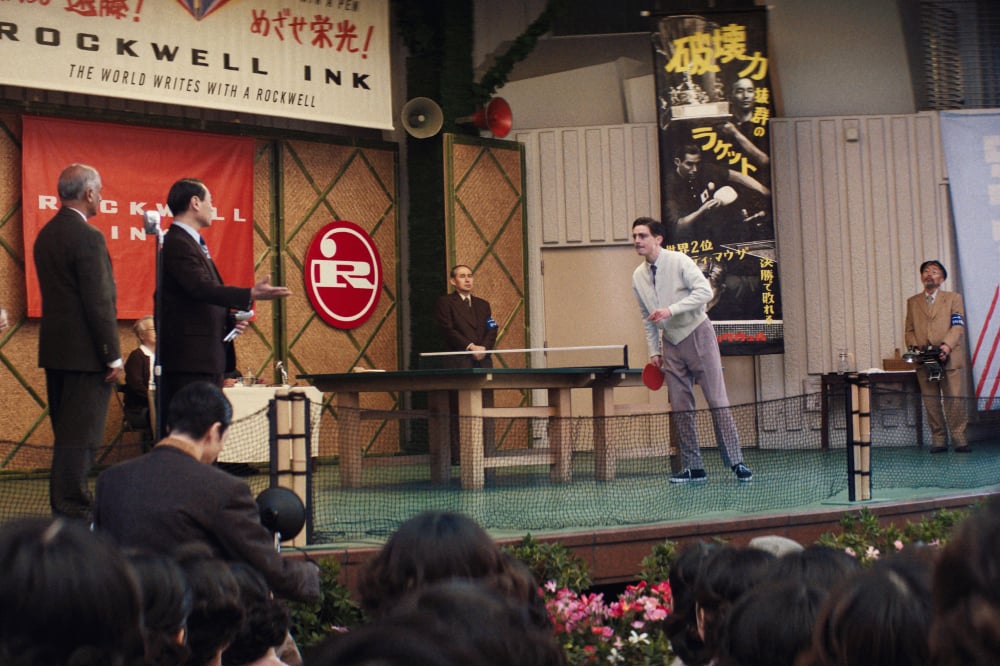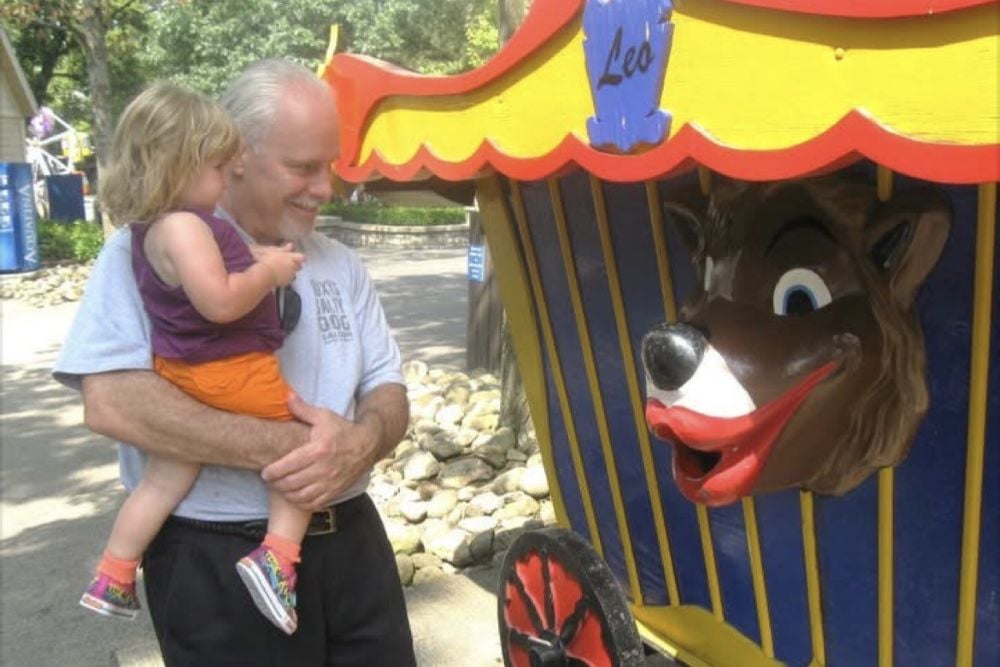Movie Review: Rustin
The Pittsburgh-made biopic is the kind of historical lesson that should be taught in schools — and it features an Oscar-caliber performance from Colman Domingo.
The handsome biopic “Rustin” could be taught in schools, not only as a history lesson on the life of its title character but also on the necessity of bold, disruptive civic action.
Such instructive cinema, however, does not always make for the best standalone film; like many of its ilk, “Rustin,” which was shot in Pittsburgh, feels more explanatory and illuminating than captivating and entertaining. Fortunately, it has a secret weapon: A stirring, exuberant lead performance by Colman Domingo.
That could lend to another lesson, one to be studied in acting classes.
As Bayard Rustin, the Civil Rights leader and architect of the 1963 March on Washington, Domingo seizes the real-life character and turns him into something inherently filmic: A constantly moving, effortlessly engaging figure of legend, more Paul Bunyan than George Washington.
It seems deliberate that director George C. Wolfe presents other icons of the movement — Roy Wilkins (Chris Rock), A. Philip Randolph (Glynn Turman) and even Martin Luther King Jr. (Ami Ameen) — as human beings, while only Rustin is presented as a movie star.
The film follows Rustin’s efforts to lead a massive demonstration on the National Mall, from initial setbacks to the “I Have a Dream” climax. The obstacles facing the movement run parallel to those affecting Rustin, who was openly gay and affiliated with communist figures; while these facts were used as a wedge between him and other Civil Rights leaders, federal agencies were simultaneously trying to disrupt and divide the entire movement.
Glimpses into Rustin’s personal life are less effective; he feuds with one young partner and takes another, but the scenes feel perfunctory. One assumes that working 16 hours a day on a life-or-death struggle would cause some strain on the home front. More effective are the intellect-meets-practicality arguments in which Rustin tap dances around his contemporaries and rallies support like a carnival barker; this is precisely the sort of material that makes history come alive.
The script, by Julian Breece and “Milk” screenwriter Dustin Lance Black, can’t quite pull things together. A soupy structure hangs around the film’s neck, but — true to character — such problems can’t hold Bayard Rustin back. And Colman Domingo, quite rightly already in the Oscar race for this performance, is determined to elevate every frame in which he appears. Time after time, he succeeds.
My Rating: 6/10
“Rustin” is now playing in select theaters, including Waterworks Cinemas. It will begin streaming on Netflix on Nov. 17.













